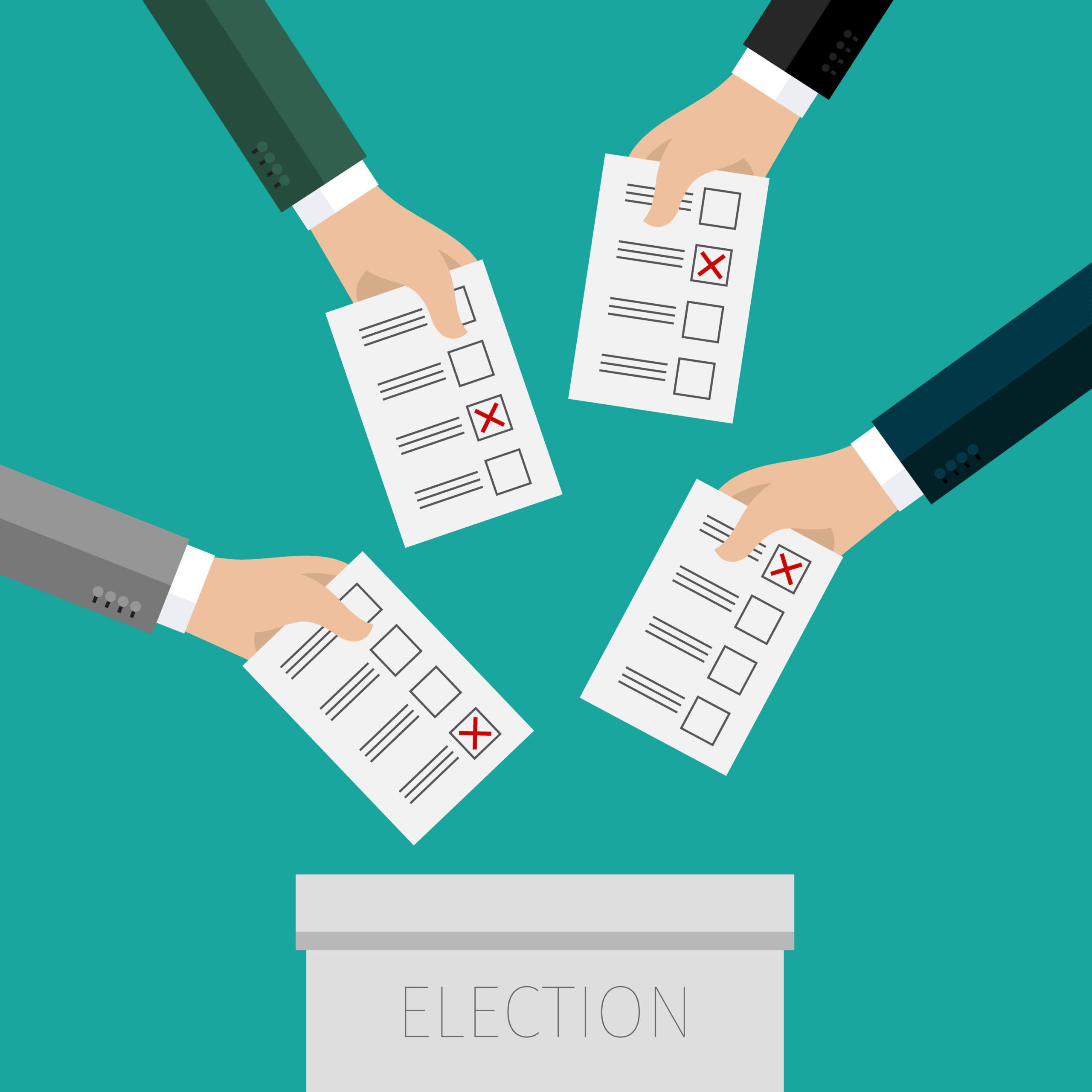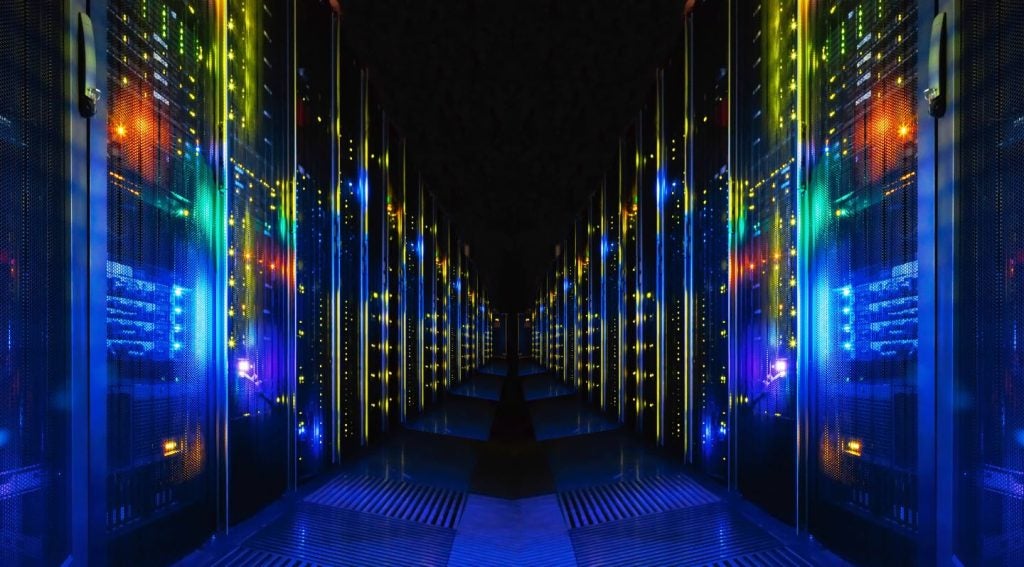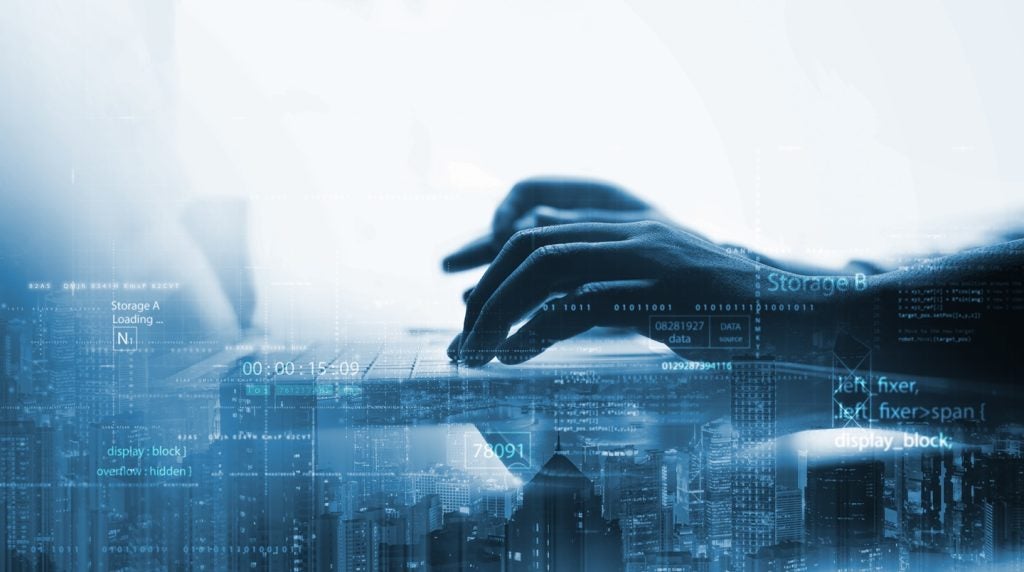
The issue of voter registration and election interference has come under increasing scrutiny in public elections in recent years.
One company believes that the answer to making the electoral process more secure lies with blockchain. The Vancouver-based Blockchain Intelligence Group (BIG) is working to use the technology to prevent voting fraud.
President of BIG Shone Antsy told Verdict how blockchain voting could impact the electoral process.
How would blockchain voting work?
Put simply, blockchain is a decentralised system that allows digital information to be distributed. With cryptography used to keep exchanges secure, each transaction in the system must be approved by computers on a chain before it can go through. The nature of the system makes fraud less likely than other transaction systems.
The technology has the potential to provide a secure voting system as it creates a confirmed link between a vote and the voter who cast it. This makes it easier to verify that a vote has not been changed.
Antsy explains the practicalities of a blockchain voting system:

US Tariffs are shifting - will you react or anticipate?
Don’t let policy changes catch you off guard. Stay proactive with real-time data and expert analysis.
By GlobalData“The technology will develop in iterations with the later stages disintermediating voter registration or ID verification from ballot casting. This involves creating roles allowing some entities certain permissions independent of others. One role is for verifying someone is a registered voter but will not know what they voted for. The one registering the voter will only know the vote and not who cast it. Only the voter could have access to both.
“The implementation will vary whether public or private blockchains are used. Public blockchains are ideal but have more technicalities and do not integrate easily with current systems. Private blockchains allow people to utilise entities they already trust to access the blockchain.”
What are the benefits?
Antsy believes that the decentralised structure of blockchain could make it easier to stamp out voting fraud:
“Blockchain is the digital platform that is the most transparent for confirming the link between a vote and the voter that had cast it. The blockchain’s decentralised structure will make the business of electoral fraud computationally too expensive to carry out. An election result where all votes are verified on the blockchain will, therefore, greatly reduce the likelihood of accusations of fraud or illegitimacy post-election.”
BIG is working with government agencies and the US Department of Justice and Homeland Security to work out how the technology can be applied to voting. Antsy believes that blockchain could improve public confidence in electoral systems and also make voting more accessible:
“[Blockchain could lead to] greater clarity and confidence in the democratic electoral results especially in the developing world where voting corruption has typically been high. It would improve access to voting as e-voting is done over mobile devices (with biometric validation) allowing those who cannot travel participate in the electoral process.”
Is it practical?
There are now several efforts to make a blockchain-based voting system a reality. Alumni from the University of British Columbia recently developed a voting app that uses IMB’s Hyperledger technology (an open source blockchain). The app has been developed so that neither the administrator nor HyperVote can change the vote without the voters being alerted.
There has been a recent instance of a country running a blockchain component in its national elections when, in March 2018, Sierra Leone recorded and stored 70% of its votes on the blockchain.
Antsy believes that the technology is almost ready to be implemented on a wider scale, but this is dependent on government support:
“At the stage companies in the blockchain voting space are, with funding pouring in, the technology will be ready and battle-tested within the next three years. The main hurdle is in convincing governance bodies and governments to test and implement the software.”







